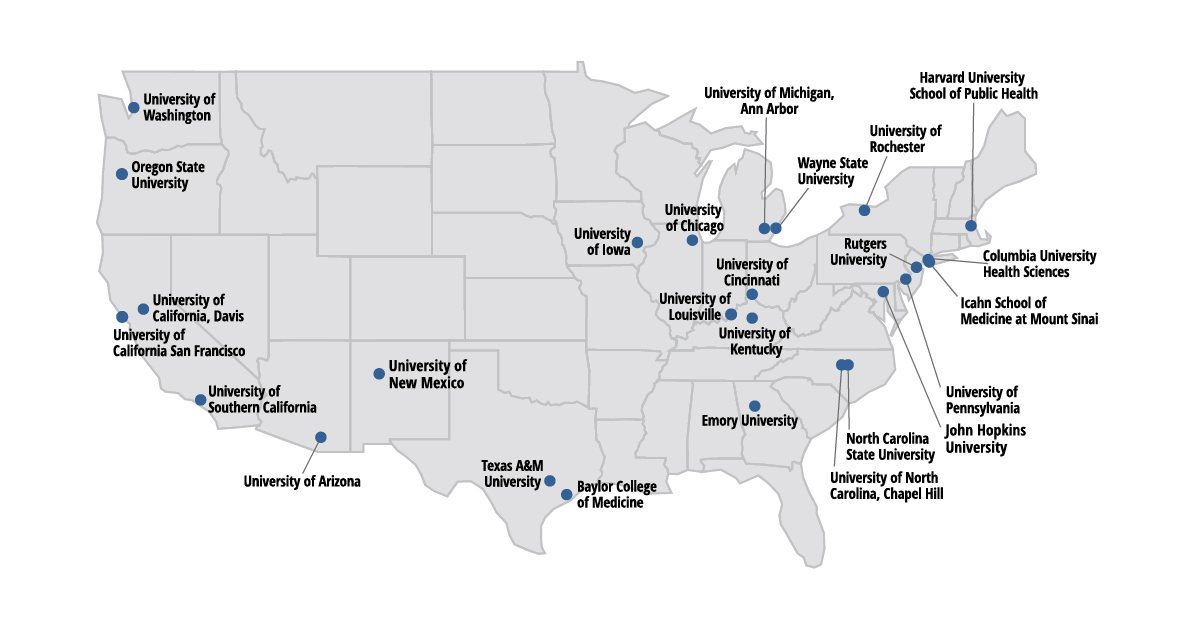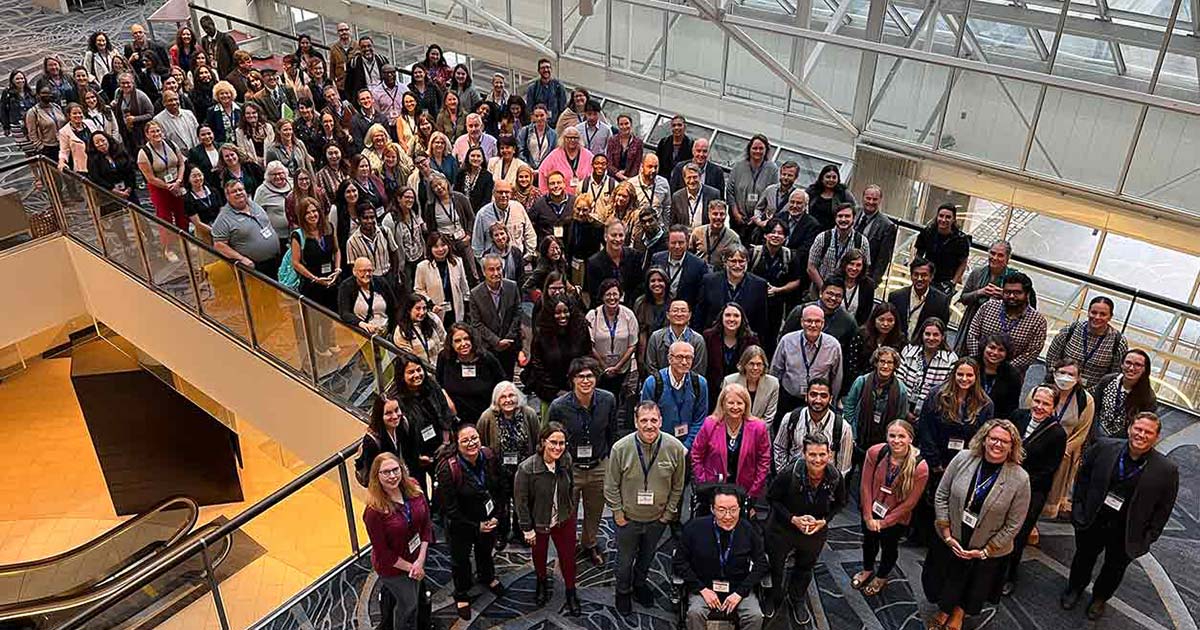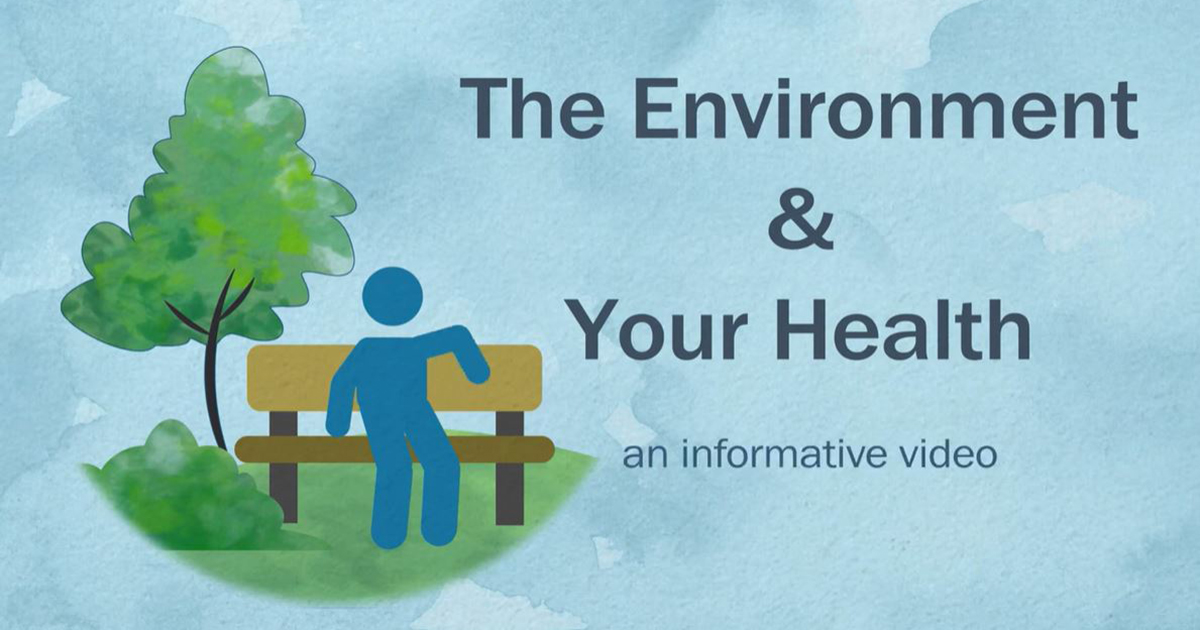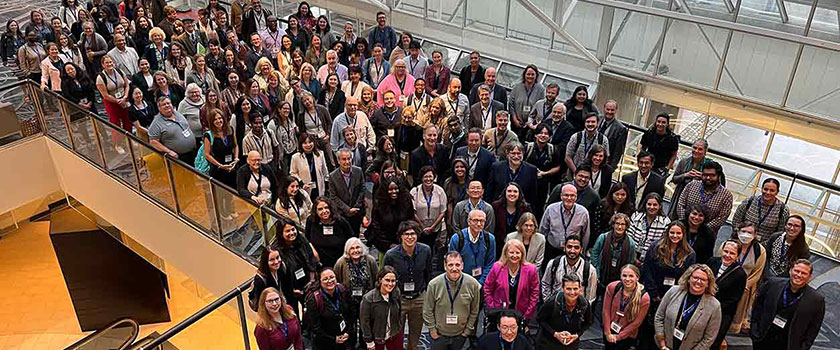Scientific collaboration and cutting-edge technologies can advance environmental health sciences. The NIEHS Environmental Health Sciences (EHS) Core Centers Program facilitates these collaborations by funding institutional infrastructure to support scientific equipment, facilities, and other resources that can be shared among environmental health researchers. By pursuing shared research questions, the EHS Core Centers identify emerging issues that advance understanding about how pollutants and other environmental factors affect human biology and may lead to disease.
Currently, there are more than 20 centers across the country. Each center has its own strategic vision and scientific focus, but all share four common goals: advancing scientific research; promoting community engagement; advancing translational research; and training new researchers.
About Core Centers
About the EHS Core Centers Program

Community Engagement Cores

Environmental Health Sciences Core Centers Grantees

Center Spotlight
EHS Core Center Annual Meeting Focuses on Community Exposome

Representatives from the 26 NIEHS-funded Environmental Health Sciences (EHS) Core Centers gathered in Baltimore to discuss the evolving concept of the community exposome. The meeting brought together community members and scientists to share their viewpoints on implementing exposomics.
Mount Sinai Core Center Marks 10 Years of Pilot Projects Program, Career Development

The Pilot Projects Program of the NIEHS-funded Environmental Health Sciences Core Center at Mount Sinai reached a 10-year milestone in 2023. Over the past decade, the program has funded 94 pilot studies led by Mount Sinai postdoctoral fellows and junior faculty, many of which have gone on to receive larger grant awards.
PFAS Exposure in Males Altered Sperm Methylation, Triggered Downstream Effects on Offspring Health

PFAS exposure in adult male mice resulted in abnormal sperm methylation and altered gene expression in offspring tissues important for metabolic health, according to researchers from the NIEHS-funded Environmental Health Sciences Core Center at Wayne State University. Study results suggest that PFAS exposure in males prior to offspring conception can negatively affect the health of the next generation, the scientists wrote.
UNM Core Center Researchers Find Microplastics in Testicular Tissue

HERCULES Center Members: Exposing the Exposome

The NIEHS-funded HERCULES Center at Emory University was featured in a Rollins Magazine cover story for its role in advancing exposome research. The exposome is the sum of all environmental exposures and our body’s response to those exposures across the lifespan.
Disease Rates Rise With Growing Petrochemical Production

OSU Video Provides Primer on Environmental Health










